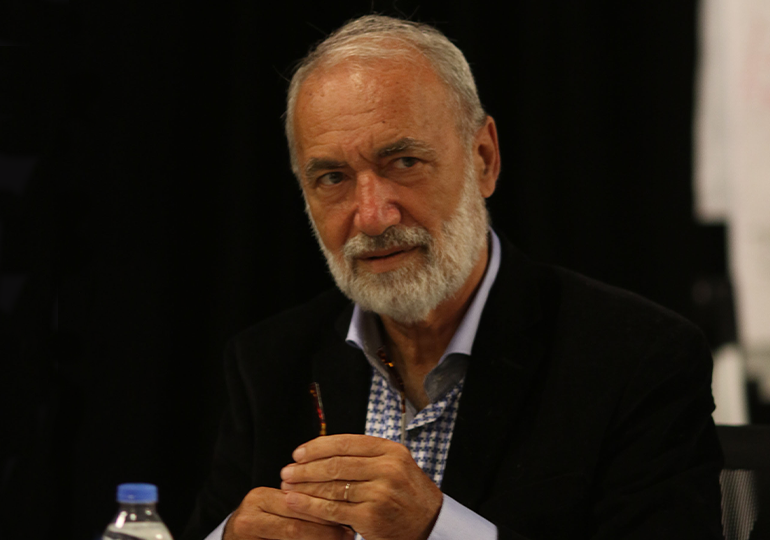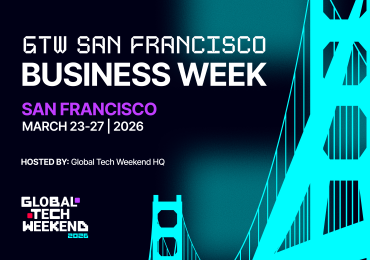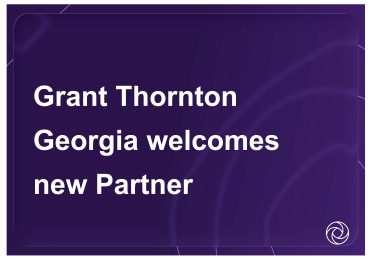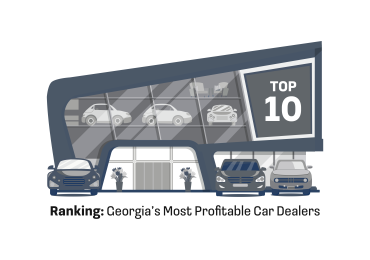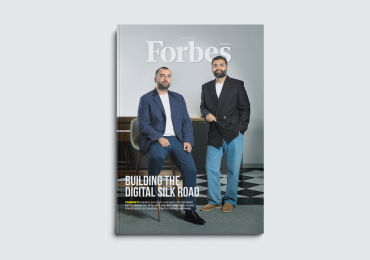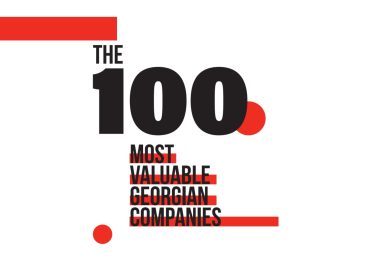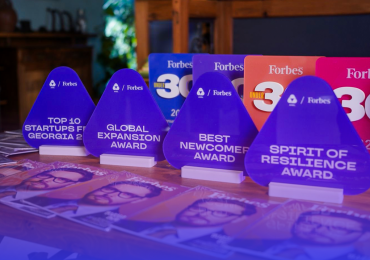“What has been the most difficult aspect for you in the process with MIT’s Learning Organization Consortium?” I asked George, clearly surprising myself.
I could have never thought at that time that it would take me 27 years to understand his answer in depth.
In February 1994, the Ford Motor Company was hosting a gathering to present the stunning results of the one-year project they did with the MIT Learning Organization Consortium, and George was the Leader of the Team presenting.
When he constituted his team, the different departments didn’t send him their best engineers, but the people they would have loved to dispense with. He wasn’t surprised, nor discouraged.
At this juncture in his life, he really needed a new challenge.
He was asking himself several Ikigai Questions:
- “What is a Learning Organization?”
- “Can we dramatically improve the way people work together?”
- “Can we learn to create a new context in which most team members do exceptional work, not just a few of them?”
- “Is there more to life?”
These questions gave his work an interesting dimension, a higher challenge that was more important to him now, than just making money.
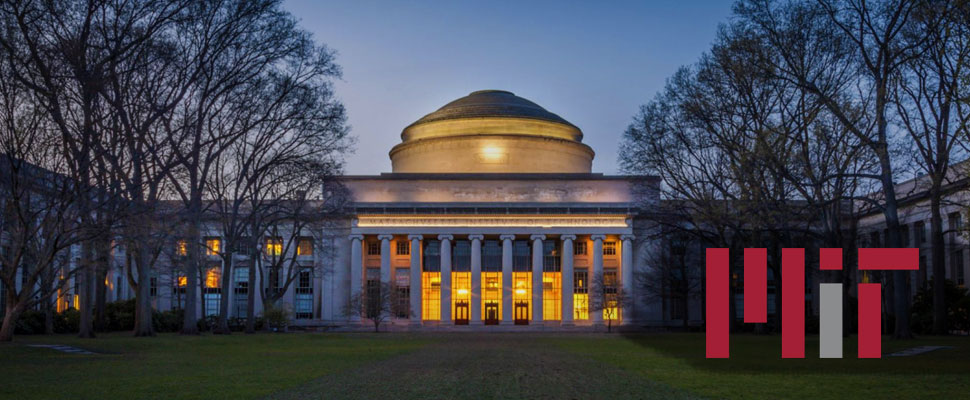
When he answered the question that I had asked him, I was not aware of the amazing wisdom imbedded in it.
After a long, thoughtful silence, he had offered:
“You know, the most difficult aspect of the process was to come into the office in the morning, and just shut up. The most difficult thing to do was to not tell them what to do.”
I was surprised by the answer: I nearly thought it was a joke!
The presentations the team made were remarkable: not because of the amazing results they got, but because of the exceptional team they had become. Each of the many team members that presented was giving me goose bumps. One could literally touch their joy and enthusiasm!
Of course, I appreciated that they built the best car of the year, but what fascinated me, in a way I cannot even describe now, was this most incredible team they succeeded to build: so many people from the same project, so passionate about their work. I had never seen that before. Some even shared that they sometimes dropped by at the office (some with their kid, or kids) on a Sunday, merely to check something or the other.
These guys were not working, they were enjoying life and getting paid for it.
It was in admiration that I was speaking – and drinking – with George.
He told me about the Personal Mastery program that they had done. But that was not enough, I wanted to revel and reveal in his secret.
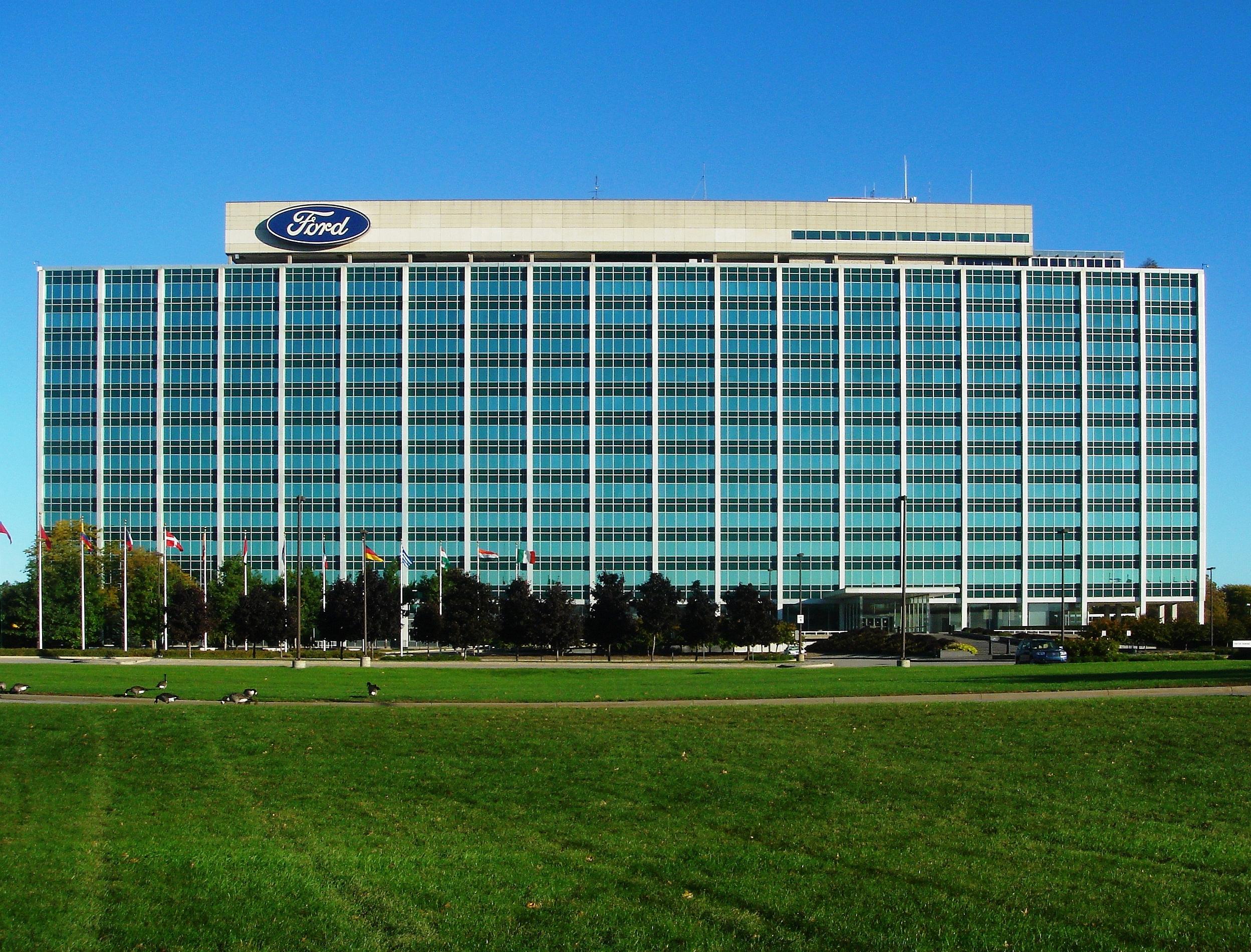
After 27 years, today, these elements of the secret I am able to deduct:
Once again, that Joy and Success live together;
And that our Unconscious Goal is most counter-productive.
{The way the world is going, people seem to succeed using will power, but one would succeed much more if enthusiasm were to be the inner drive.}
A Blind Spot Most Leaders Have
It took me 27 years to understand, to get the depth of George’s answer:
“Come into the office in the morning, and just shut up! The most difficult thing to do was to not tell them what to do!”
Strange, isn’t it?
Would a leader ever want to become useless?
We all have an Unconscious Goal driving us, to prove that we are a superhero of some sort. Leaders, like everybody else, want the success to be thanks to them!
This great, unconscious need to be ‘indispensable’, gets in the way of supporting our people to grow. We do know, of course, that the more it is thanks to our staff, the less it is thanks to us. It takes a fortunate, though trainable realization to work on this counter-productive part of our Unconscious Goal and decide to give the context for our team to grow, open up and take flight.
How can we give them that space if we are not conscious of the way we don’t?
It is a blind spot most leaders have.
We need to bring this unconscious need to our awareness to be able to let our team/staff grow. Otherwise we cannot choose between being the one deserving the praise or being a Leader who values creating the context of becoming useless to the success of the team!
I don’t know if George understood it consciously or he instinctively let them the space to grow, but somehow he had figured out what was going to work.
I am just grateful for the beautiful life lesson he gave me.
Forbes Georgia: სარედაქციო გუნდი

